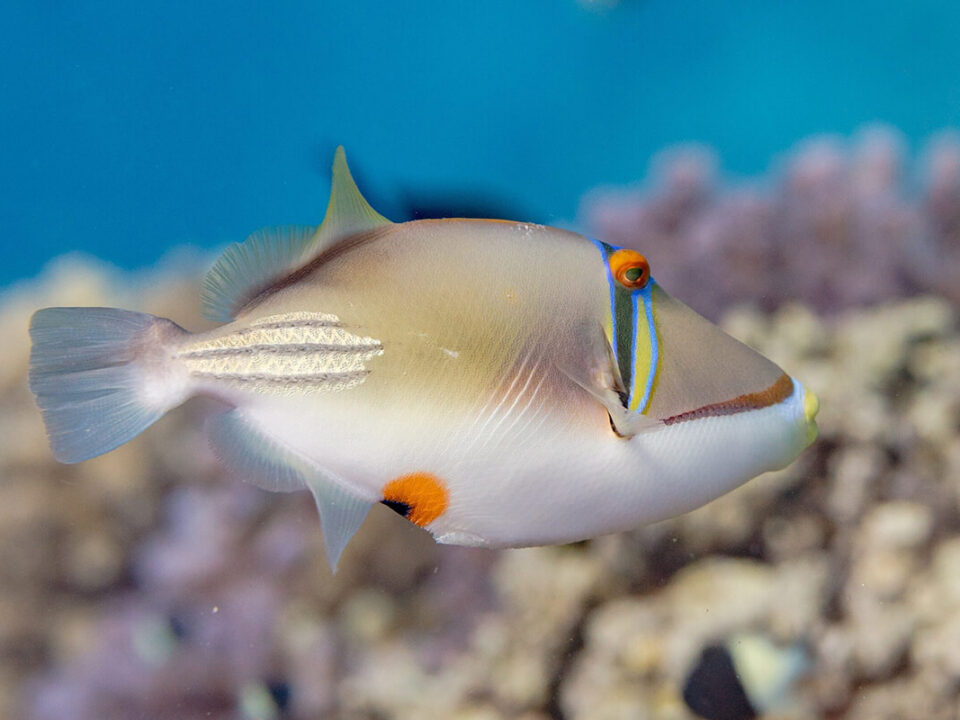In past articles here, I have described the notion of the science of purpose. Purpose is ubiquitously observable in biology, and therefore subject to scientific analysis. The scientific method of analysis is to create a modeling relation between observation and theory. It is time for biology to incorporate purpose into its fundamental framework.
The most striking observations in all of nature are the incomprehensibly sophisticated adaptations that organisms display, allowing survival in the wild. Natural selection is an inadequate explanation for what we readily observe. What is needed is a competing or replacement theory explaining those wonders of organismal form and function. The science of purpose is that theory.
To Topple a Paradigm
To be sure, overthrowing a paradigm that has endured for more than a century, and that is deeply embedded in contemporary biological thought, constitutes a nearly insurmountable challenge. There can really be only one feasible approach: The core of the target paradigm itself must be supplanted. Reframing peripheral arguments might provide some tantalizing derivatives, but the old paradigm would still stand.
The strategy necessary is quite clear. The core argument of neo-Darwinism is, simply, that evolution, and life on Earth, are the result of random, aka, purposeless chemical reactions. The renowned Bertrand Russell articulated the idea as follows, “Man is the product of causes which had no prevision of the end they were achieving …[he is] the outcome of the accidental collocation of atoms.”
Read the Full Article on Evolution News




